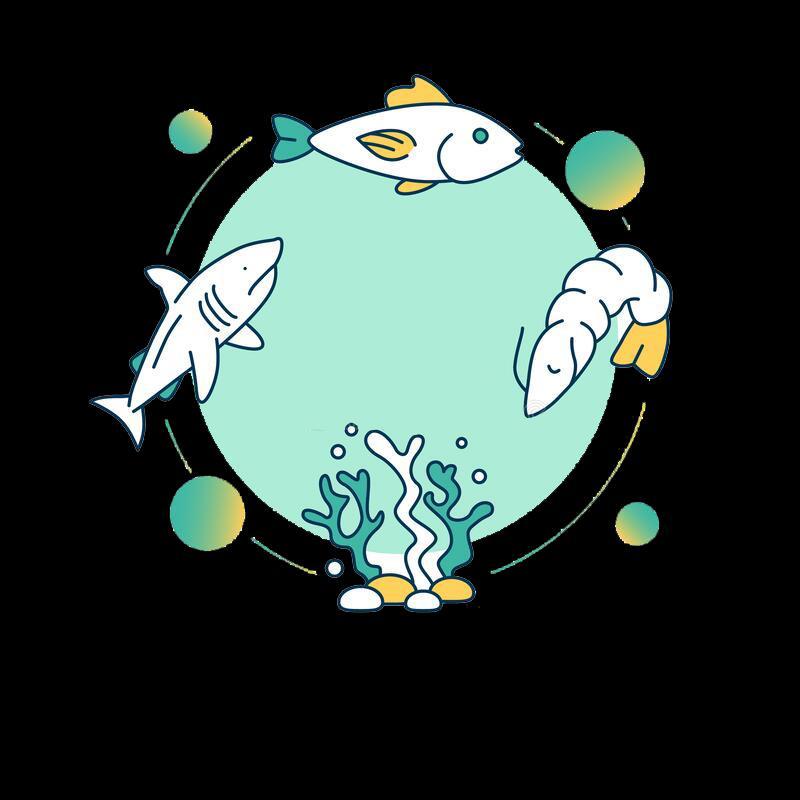PREPARATION OF CONCEPT MASTER PLAN FOR HOLISTIC DEVELOPMENT OF ISLANDS IN GUJARAT
A Tale of Ajad & Kalubhar Island

Panchal Vivek
October 2021

A Tale of Ajad & Kalubhar Island

Panchal Vivek
October 2021

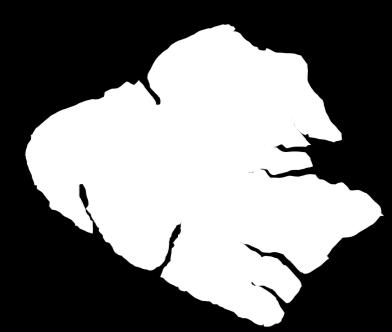
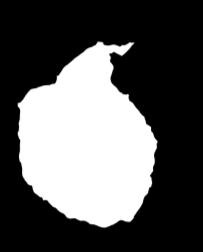






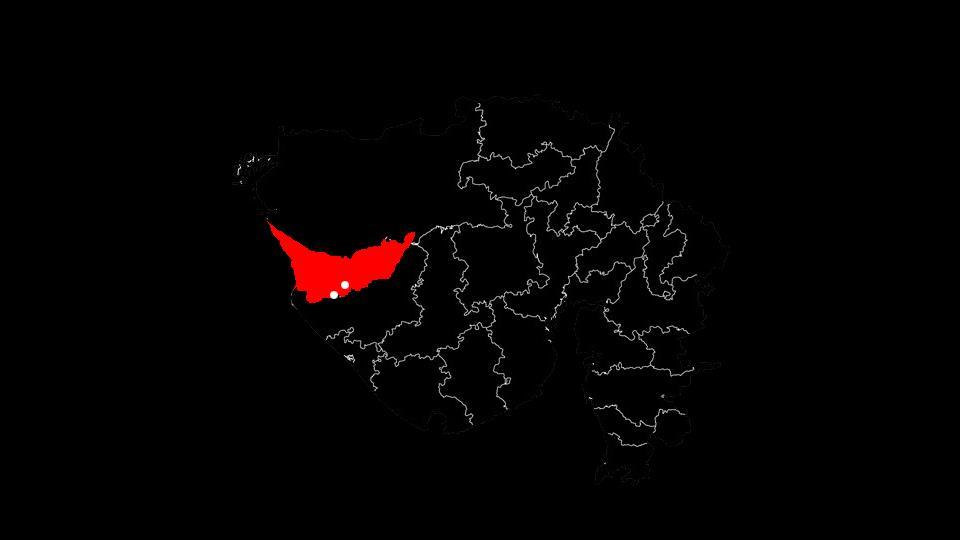
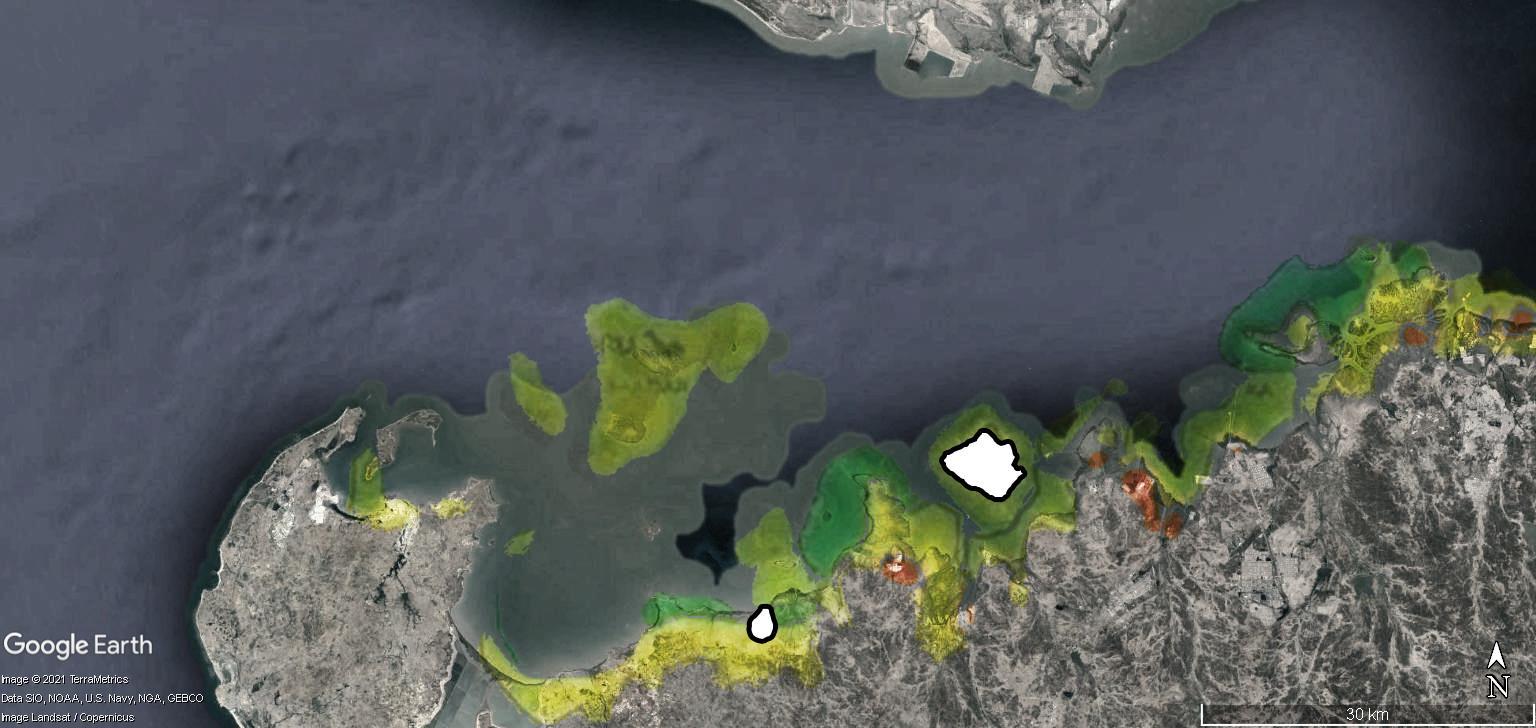
Ajad and Kalubhar, part of marine sanctuary located on the periphery of the longest coastline in the country, with a diversity of habitats.
Marine Algae of Agarophytes and Alginophytes , Mangroves of Avicennia, Rhizophora and Ceriops and Terrestrial Species of Salvadora, Zizhypus and Prosopis
Marine National Park Species Classification
200
The total area of 326.26 sq.km around Marine National Park and Marine Sanctuary has been identified as eco-sensitive zone
78
Terrestrial Birds
70
Sponge Species

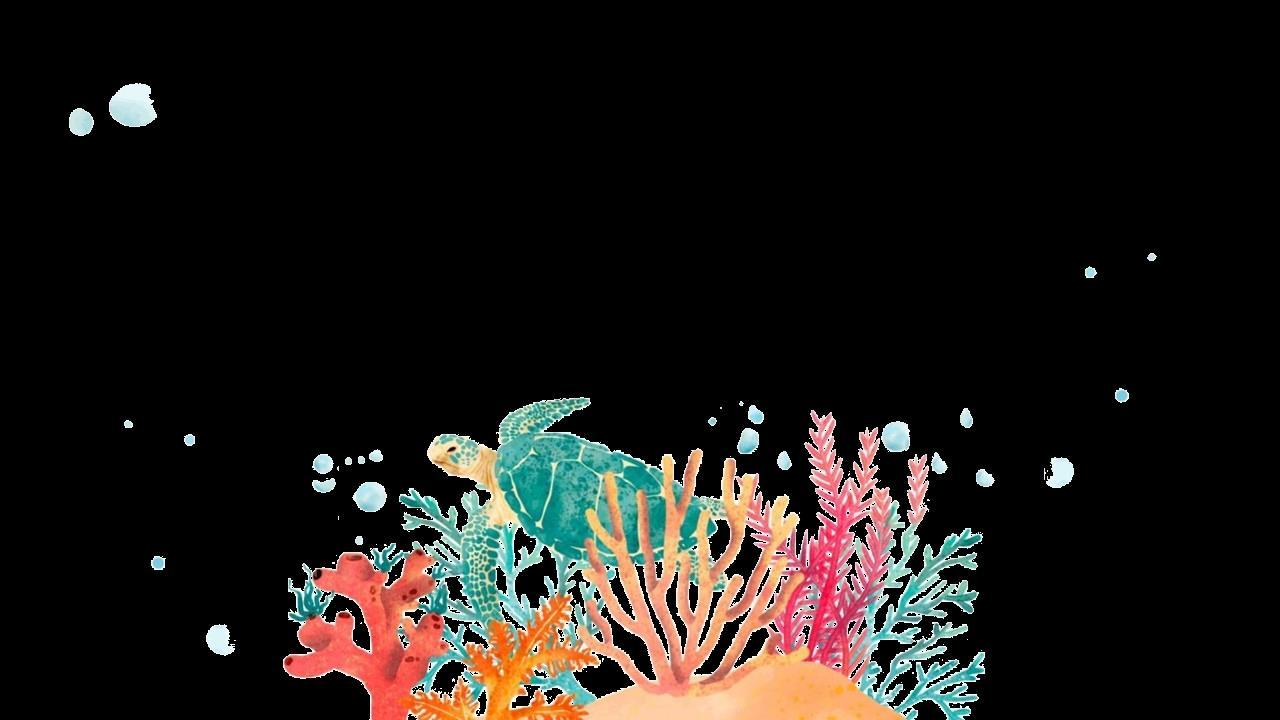
94
Aquatic Birds
62
Molluscs & Fish
Marine Sanctuary Species Classification
Source: Review of Status of Marine National Park, Jamnagar | IRADe
30
Hard & Soft Corals Crabs Prawns
208.58 Sq.km landward side, 105.14 Sq.km Sea Side & 12.53 Sq.km is the area covered by rivers
27
03
Sea Turtles, Snakes & Mammals
Low literacy rate of the inhabitants on the island

Flora and Fauna of the Eco Sensitive Zone are at risk from potential range of marine stemming from rapid and urban development, and the growth of fisheries.
E.g. Oil spills, Industrial effluents, Sewage disposal, Ship breaking activities
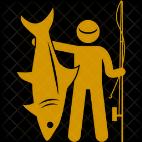


Damage to marine ecosystems due to destructive fishing practices with chemicals and pesticides

The accelerated development of ports and harbours in the Marine National Park & Sanctuary exacerbates the pressures on the associated habitats.
ESSAR jetty near Kalubhar island greatly increase the problems of fishing communities face by restricting their fishing grounds and depleting stocks of fish.
Reduced mangroves’ natural process of regeneration due to coastal erosion and freshwater inflows.


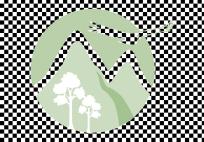
Low diversity of coral reefs on Ajad Tapu due to extreme environmental and climatic variations.
Increased sediment load also affects the growth of seagrass, decreases the grazing habitat to sea turtles and dugongs.
One of the major cause responsible for degrading condition of Kalubhar reef.
Acute shocks & chronic stress due to frequent cyclones, earthquakes, storms, and floods.



Depredations of the environment due to overlapping jurisdiction multiple government regulatory bodies and the absence of clear physical and legal boundaries


Marine National Park and Sanctuary area of Jamnagar has been declared as Eco- Sensitive Zone (ESZ) by the Union Ministry of Environment and Forests. Tough regulation of Eco-Sensitive Zone includes following points:


• No new polluting industries shall be allowed to be set up within the ESZ. Non-polluting industries may be considered provided they have a minimum of 50-meterwide green belt.
• Farmhouses, hotels, resorts and such activities that might lead to unregulated tourism shall be strictly controlled and monitored by the Monitoring Committee
• No mining and crushing shall be allowed within the ESZ and no major changes in landscape that affect the hydrology and ecology of the region, shall be allowed.
• Felling of trees or forests should be as per the 'working plan' or 'management plan' approved by the Competent Authority
• Tourism activities shall be as per the Tourism Master Plan which shall emphasize ecotourism, eco-education and eco-development. They will be prepared by the Department of Tourism, Govt. of Gujarat in consultation with the Department of Environment and Forests of Govt. of Gujarat.
• Extraction of groundwater for agriculture and domestic consumption of the occupier of land shall be allowed. Extraction of groundwater for industrial, commercial use shall require prior written permission, from the State Ground Water Board and the Monitoring Committee
• Steps have to be taken to prevent contamination or pollution of water, even from agricultural activities.
• No untreated industrial effluent is allowed to be discharged into any water body or on land within the ESZ.
• Restrictions imposed on the use of plastics, noise pollution, solid wastes disposal, and protection of natural springs within the ESZ.

Classification of Coastal Regulation Zones

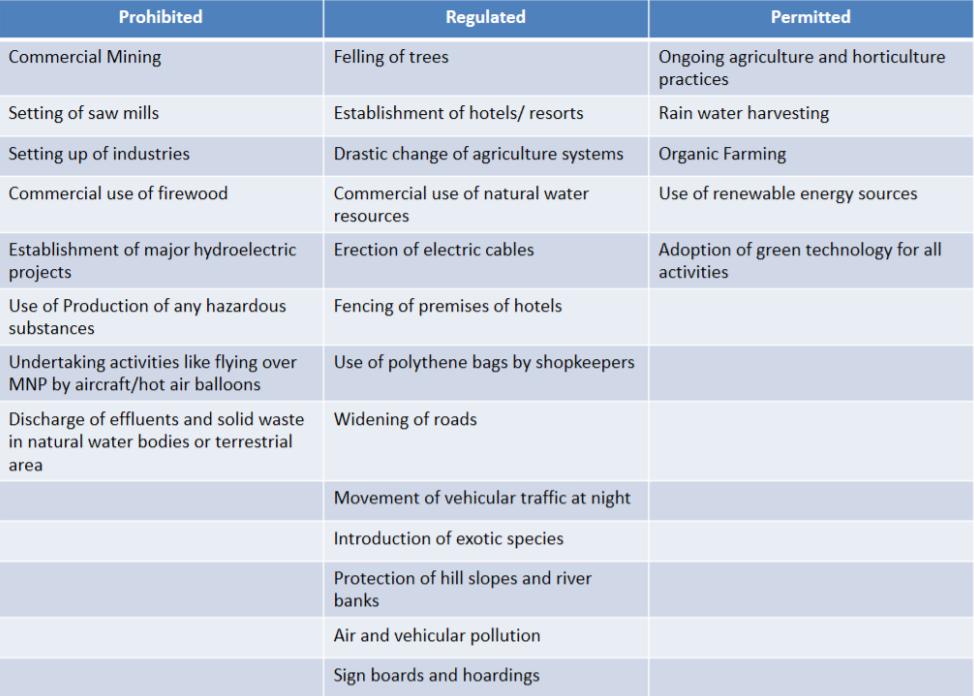
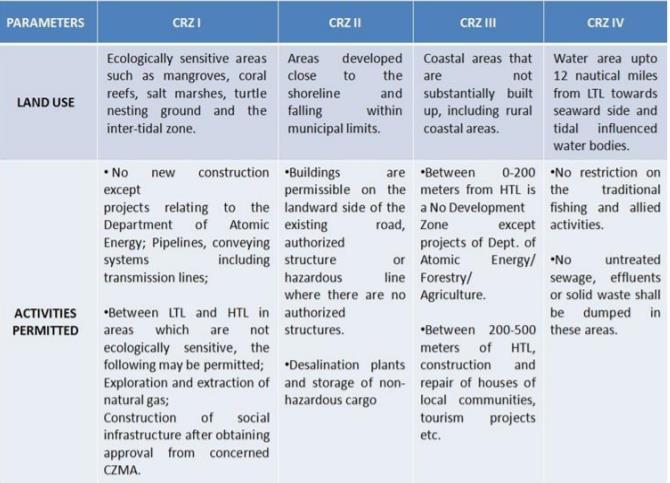
Source: Review of Status of Marine National Park, Jamnagar | IRADe


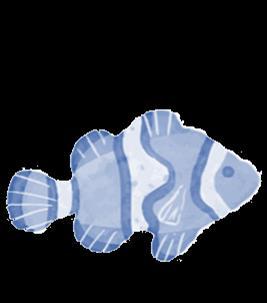

Categorization of Activities at MNP&S
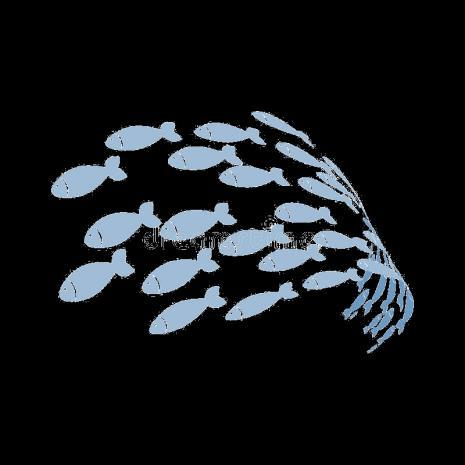
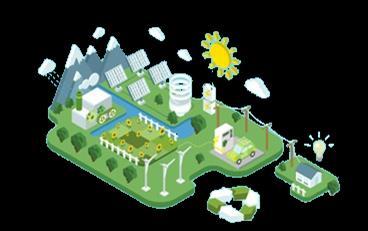
Rationale: Ajad tapu is a habitat for fishing/ farming community who faces challenges to sustain their living conditions due to absent infrastructure. The surrounded marine species are at risk due rapid development.
Ecotourism is about uniting conservation, communities, and sustainable travel.
Rationale: Kalubhar is platform for flora –fauna, coral reefs and has second largest mangrove area cover of 9.57 sq.km in Marine National Park & Sanctuary.
• Reflective: Using past experience to inform future decisions


• Resourceful: Recognizing alternative ways to use resources
• Robust: well conceived, constructed and managed systems

• Redundant: spare capacity purposively created to accommodate disruption
• Flexible: Willingness and ability to adopt alternative strategies in response to changing circumstances
• Inclusive: prioritize broad consultation to create a sense of shared ownership in decision making
• Integrated: bring together a range of distinct systems and institutions

• Minimize physical, social, behavioural, and psychological impacts.
• Build environmental and cultural awareness and respect.
• Provide positive experiences for both visitors and hosts.
• Provide direct financial benefits for conservation.
• Generate financial benefits for both local people and private industry.
• Deliver memorable interpretative experiences to visitors that help raise sensitivity to host countries’ political, environmental, and social climates.
• Design, construct and operate low-impact facilities.
• Recognize the rights and spiritual beliefs of the Indigenous People in the local community and work in partnership with them to create empowerment.

The conceptual zoning is done based on the Coastal Regulation Zone and URDPFI guidelines

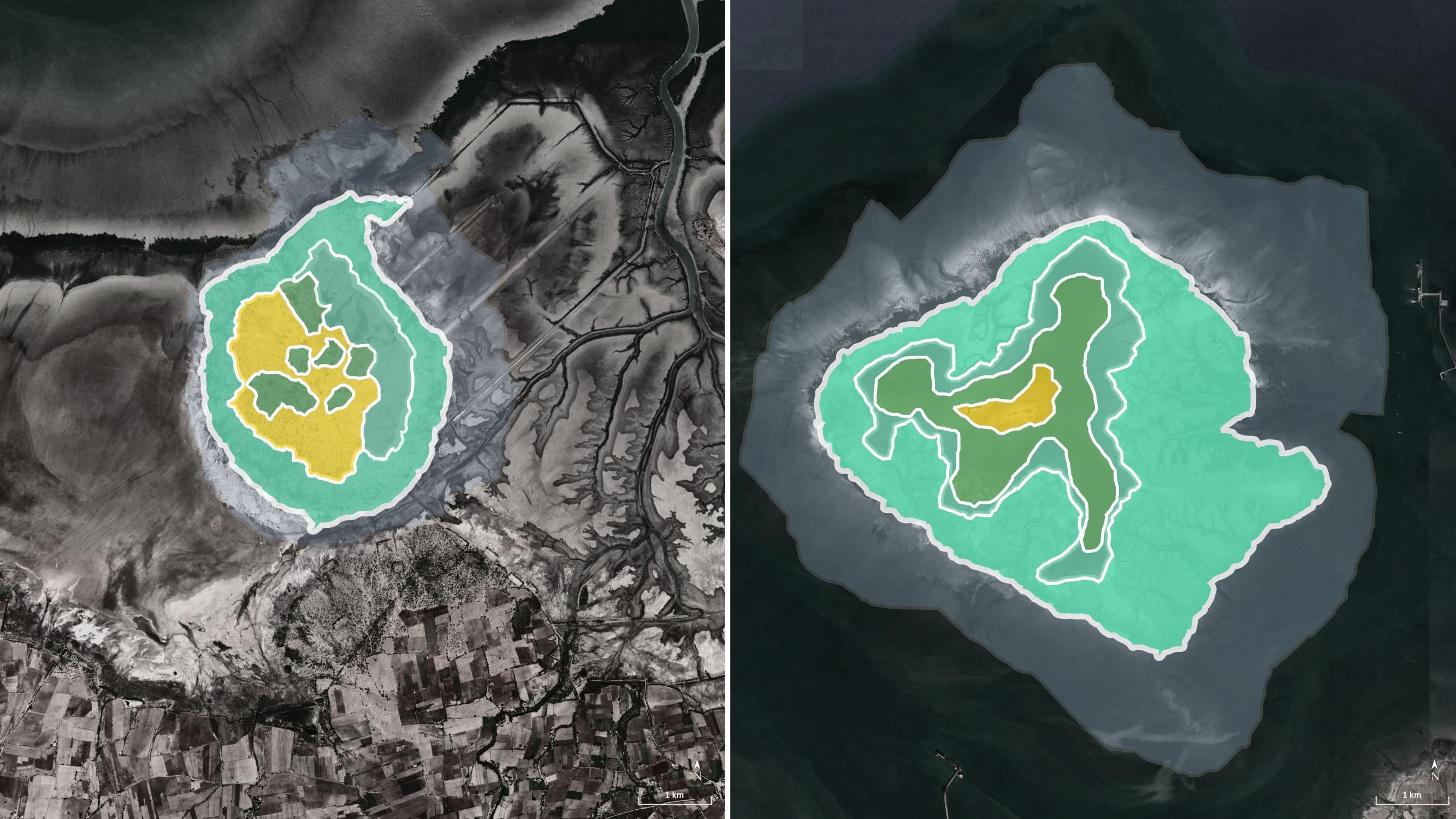
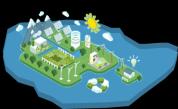
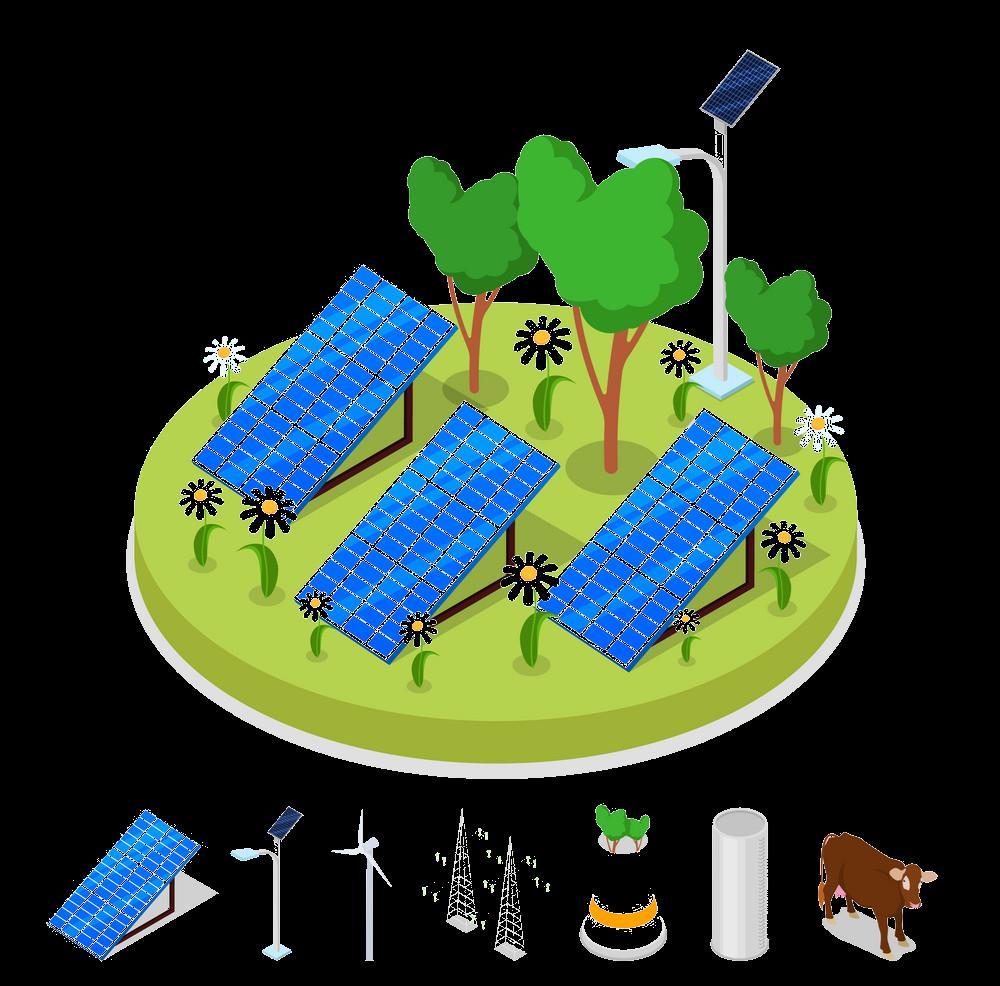
Setup solar power roofs & plants for renewable energy generation to meet island infrastructure energy needs.
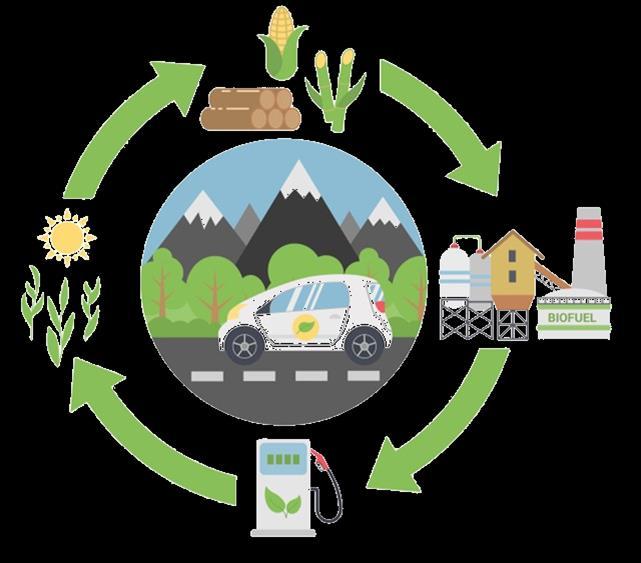
To use glass waste into sand for construction and kitchen waste to bio fertilizers for agriculture purpose. Waste to bio fuel plant for mobility and cooking.
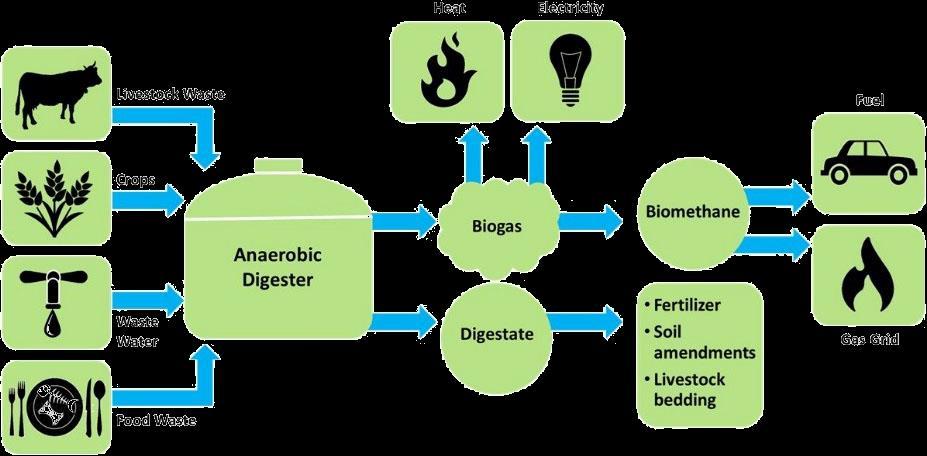
Design and built green resort to promote tourism activities and revenue generation
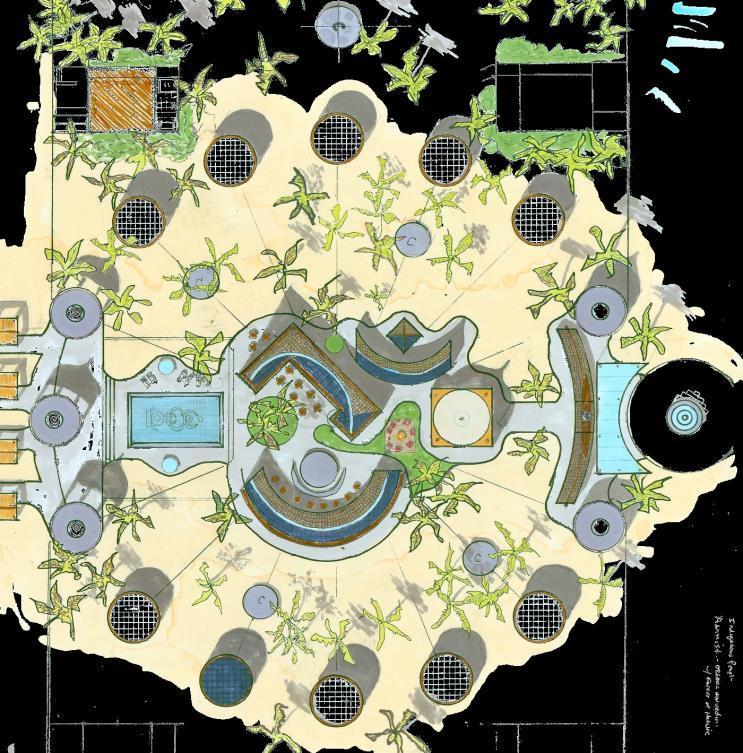
Project Cost: 8 crore
Development Phase: III
Project Cost: 8-10 Lakh
Development Phase: I
Project Cost: 1.5-2 crore
Development Phase: I,II
An interpretation centre is an institution for dissemination of knowledge of marine ecosystems, natural and cultural heritage. Interpretation centres are a kind of new style museum, often associated with visitor centres or eco-museums
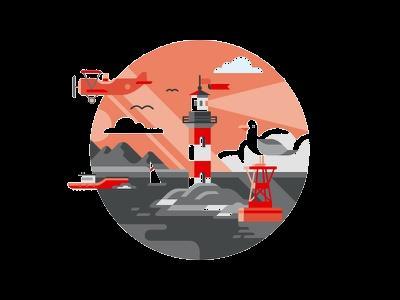
Construction of jetty for efficient transportation
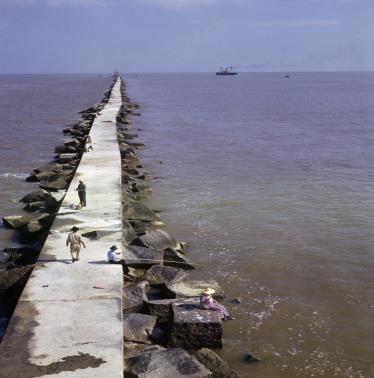
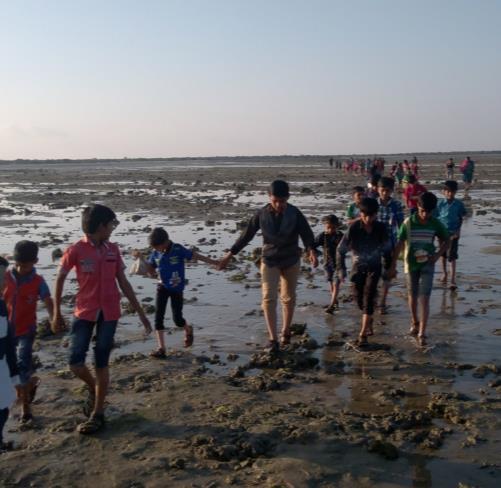
Construction of cafeteria and Eco camps for providing refreshments and temporary accommodation to the tourist. Other proposed activities include boating, cycling, sighting & nature photography
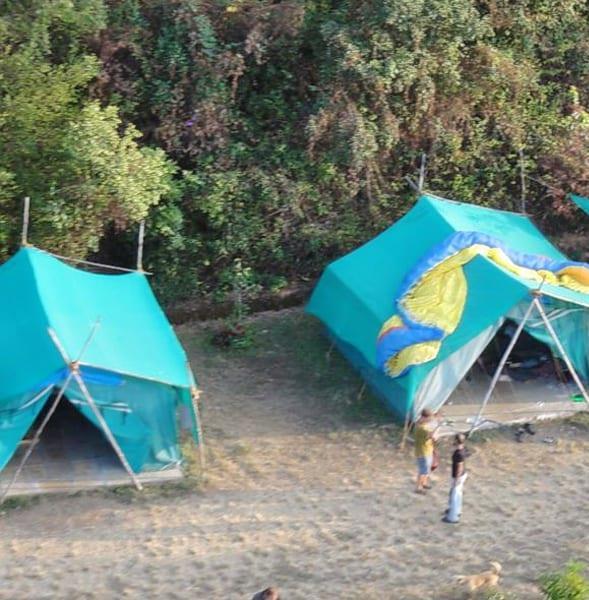
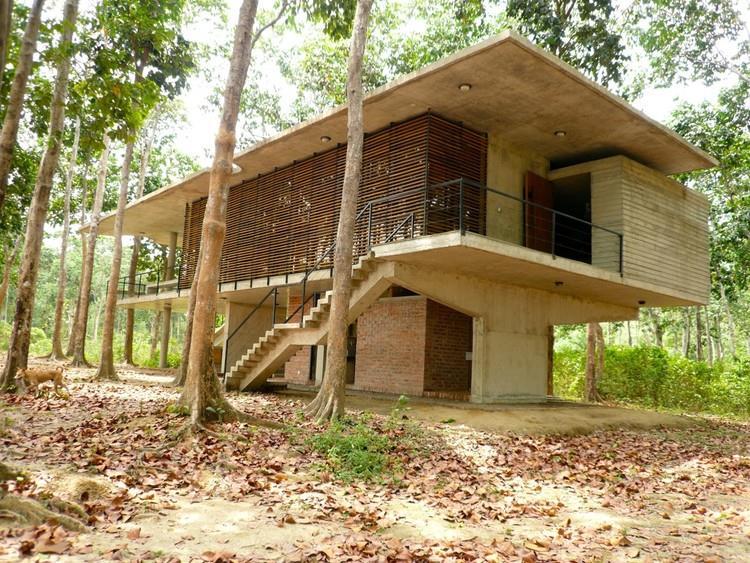
Project Cost: 12 Lakh
Development Phase: II
Project Cost: 50 Lakh
Development Phase: I
Project Cost: 32 lakh
Development Phase: I, II, III

AJAD ISLAND PROJECTS & PHASING

KALUBHAR PROJECTS & PHASING
WASTE MANGEMENT
SOLAR POWER & GREEN POWER ECO RESORT
Image Source: Google Earth
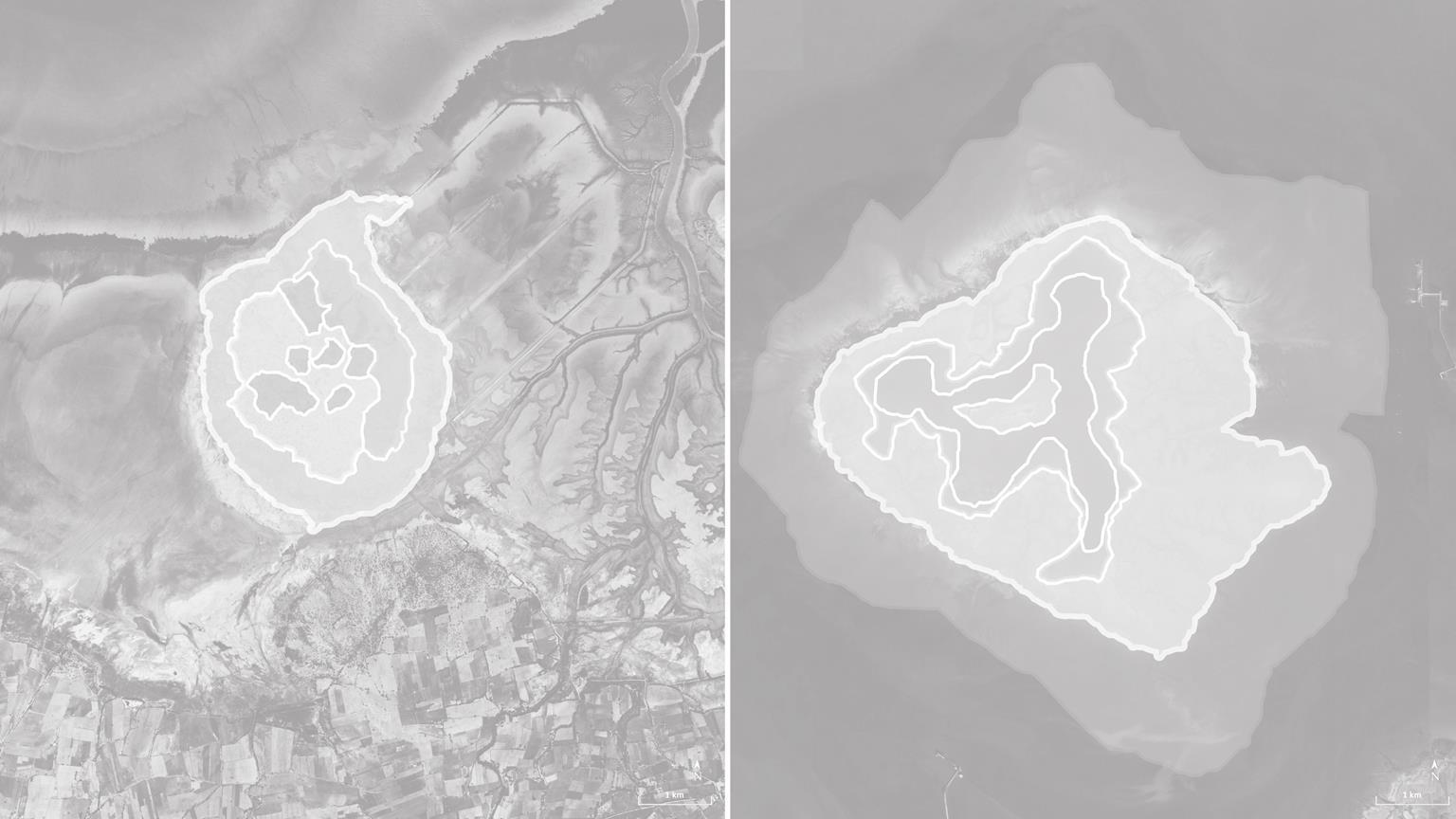
NATURE INTERPRETATION CENTRE
LIGHT HOUSE & JETTY
TOURISM ACTIVITIES
PHASE I
PHASE II
PHASE III




Better Infrastructure solutions than an initiative that is completely public or private
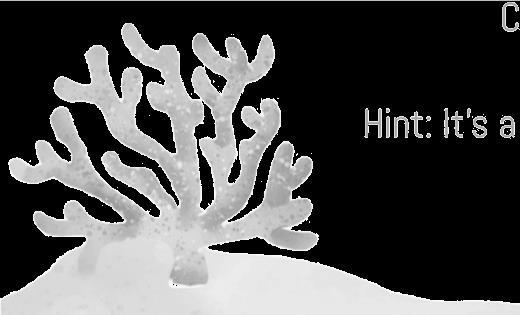
Levying in funds from locally established industries to benefit beneficiaries of the city through CSR activities

Opting for PPP model and proper risk allocation models to ensure successful developmental model
Tendering of project components to different companies as per their expertise to ensure best utilisation of their skills. Also allows relative freedom to function outside of political and bureaucratic constraints.
Allowing private players to take over- It is argued that a private firm has pressure from shareholders to perform efficiently through competition






Ensuring role of government as facilitator and enabler rather than provider to reduceimpact on government funds and manpower
Faster project completions and reduced delays on infrastructure projects



Providing incentives to private sector to incorporate them into the project

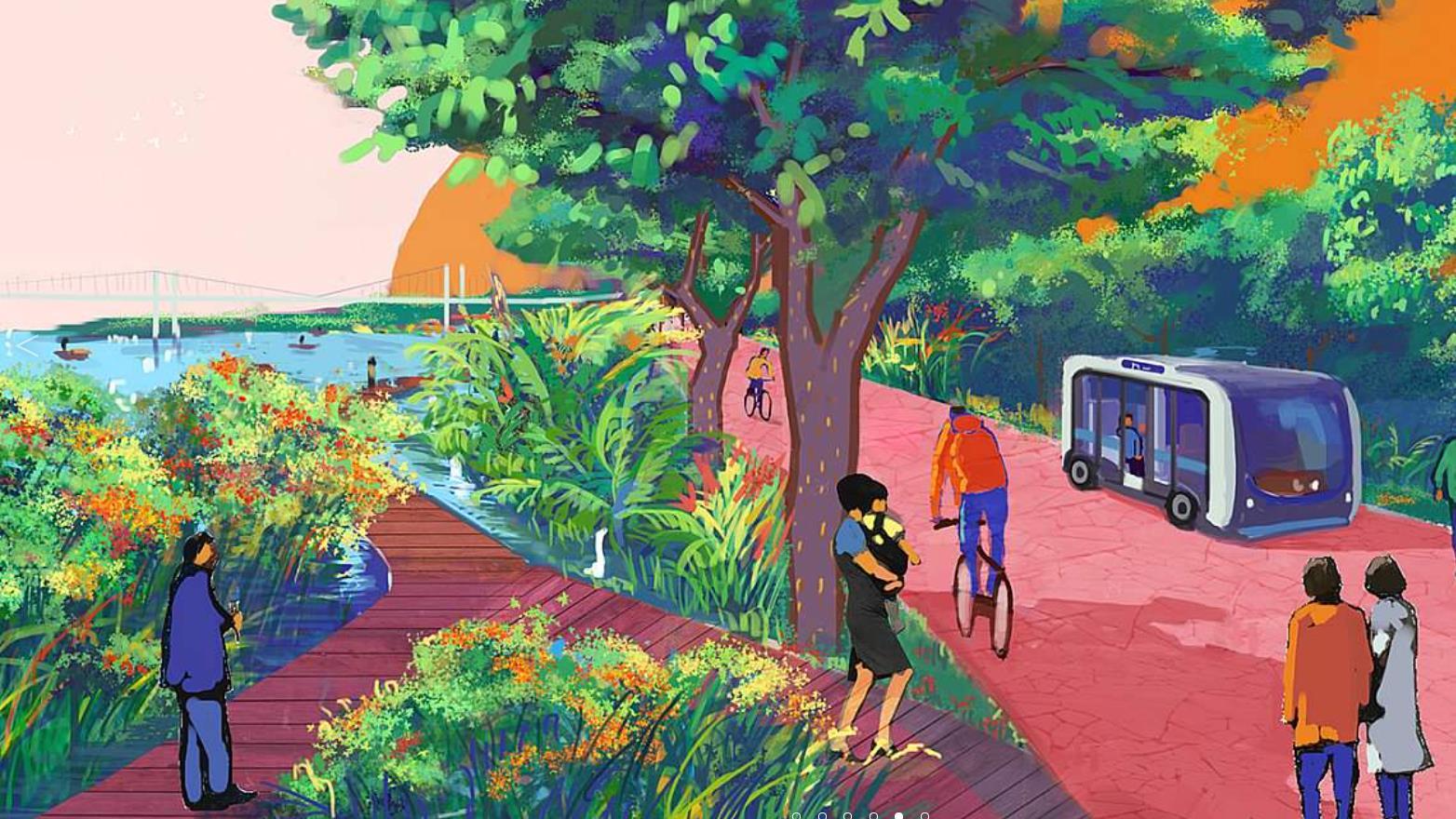 Image Source: SKIDMORE, OWINGS & MERRILL
Image Source: SKIDMORE, OWINGS & MERRILL
